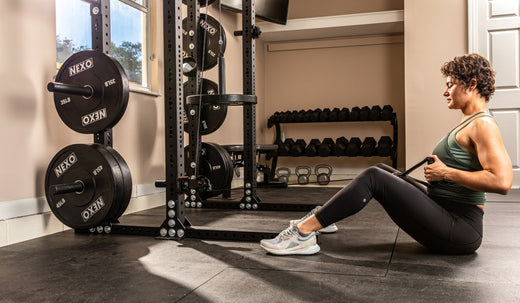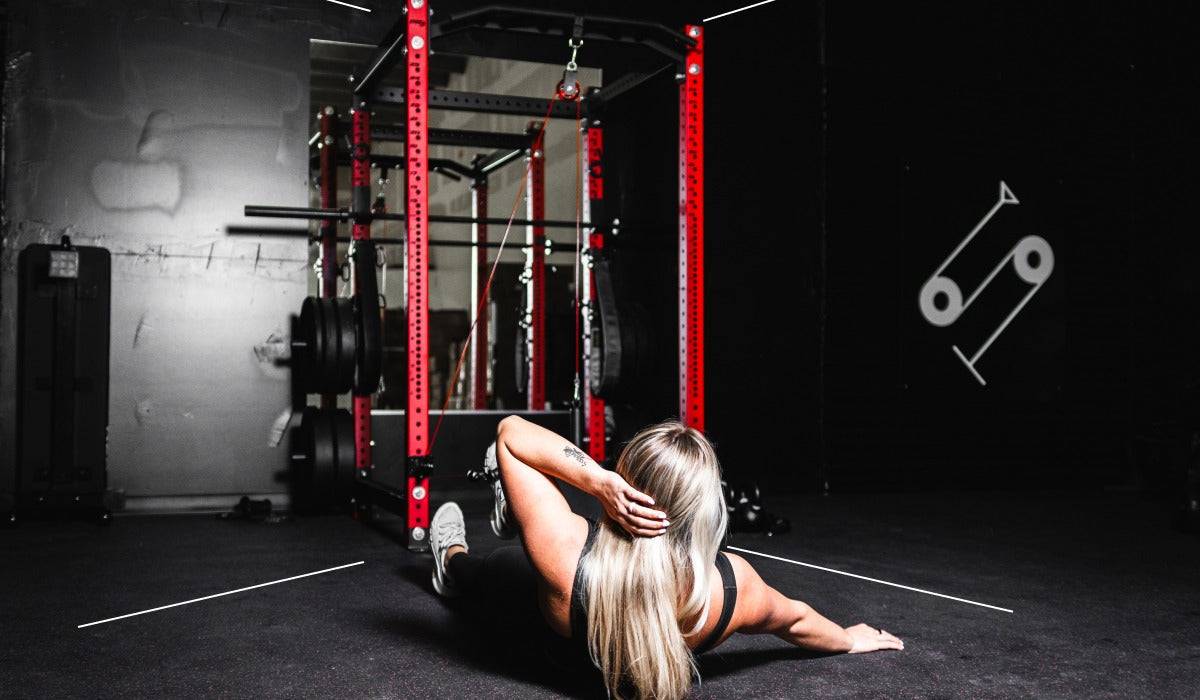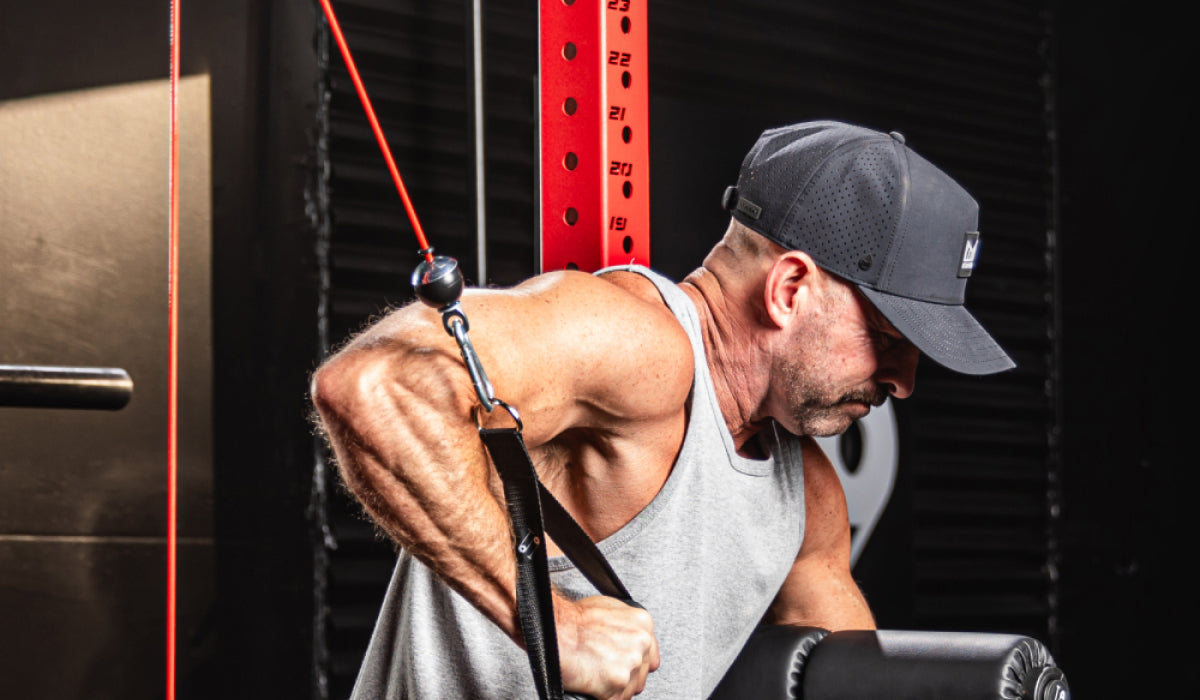Working out at home is a great way to stay fit without worrying about expensive gym memberships or rushing to fitness centers. If you’re living in a small space, setting up a home gym might seem tricky, but it’s totally doable. With a little creativity and planning, you can turn even the tiniest corner into a workout haven. Here’s how you can do it.
Step 1: Figure Out What You Need
Before you buy any equipment, take a moment to think about your fitness goals. What do you want to achieve? Whether it’s strength training, cardio, flexibility, or a mix of everything, your goals will help you decide what equipment to get. For example:
- Want to lose weight? Go for cardio-friendly tools like a jump rope or resistance bands.
- Looking to build strength? Adjustable dumbbells or kettlebells are a good choice.
- Love yoga or Pilates? Invest in a good-quality yoga mat and foam roller.
By knowing your priorities, you can avoid wasting money and space on things you won’t use. Take some time to jot down your goals and consider what exercises you’ll actually enjoy doing at home.
Step 2: Find the Perfect Spot
In a small space, every square foot counts. Look around your home for a spot that you can dedicate to your workouts. Here are some ideas:
- Living Room Corner: A small corner can work perfectly for foldable or compact equipment.
- Bedroom Nook: A tiny area near your bed can double as a workout zone.
- Shared Spaces: If you have a home office, move your chair aside during workout time.
Make sure your chosen spot has good airflow and lighting. A comfortable space makes all the difference. You don’t need a large area—just enough room to move freely and focus on your routine.
Step 3: Choose Compact Equipment
When you’re short on space, go for equipment that’s easy to store and serves multiple purposes. Here are some great options:
- Resistance Bands: Super versatile and easy to stash anywhere.
- Adjustable Dumbbells: Replace an entire set of weights with just one pair.
- Foldable Treadmill or Bike: Perfect for cardio lovers with limited storage.
- Yoga Mat: A must-have for stretching, yoga, and floor exercises.
- Kettlebells: Compact and great for full-body workouts.
- Doorway Pull-Up Bar: Makes use of vertical space without taking up the floor.
Focus on equipment that fits your workout style and doesn’t overwhelm your storage space. Investing in multi-functional tools will save you money and keep your home gym efficient.
Step 4: Keep It Organized
Clutter can make any small space feel overwhelming, so organization is key. Try these tips:
- Wall Hooks and Shelves: Hang up resistance bands or jump ropes.
- Storage Bins: Use bins or baskets to keep smaller items like dumbbells in check.
- Under-Bed Storage: Store foldable mats or light equipment under your bed.
- Furniture with Storage: Ottomans or benches with hidden compartments are lifesavers.
An organized gym area makes it easier to stay motivated and stick to your routine. Plus, keeping your space tidy ensures it blends seamlessly with the rest of your home.
Step 5: Add a Personal Touch
Your home gym should be a space that motivates you. Add some elements that make you excited to work out:
- Mirrors: Not only do they make the room feel bigger, but they’re also great for checking your form.
- Lighting: Brighten things up with natural light or fun LED lights.
- Music: A Bluetooth speaker or headphones can pump up your energy.
- Inspiration: Put up a whiteboard or poster with your goals or favorite quotes.
Personalizing your space makes it feel like your own fitness sanctuary. You’re more likely to stick with your workouts when you love the area you’ve created.
Step 6: Make a Workout Plan
Now that your gym space is ready, the next step is sticking to a plan. Whether it’s a quick 15-minute HIIT session or a calming yoga routine, having a schedule helps you stay consistent. There are plenty of apps and online videos with workouts designed for small spaces, so you’ll never run out of ideas.
Set realistic goals and create a routine that fits into your daily life. Consistency is more important than intensity when it comes to building a habit.
Small-Space Workout Ideas
Here are some exercises that work perfectly in small areas:
- Cardio: Try jumping jacks, high knees, or shadow boxing.
- Strength Training: Bodyweight exercises like push-ups, squats, and lunges. Add resistance bands or dumbbells for more intensity.
- Core Work: Planks, sit-ups, and mountain climbers.
- Flexibility: Follow a yoga or Pilates routine with just your mat.
Mix and match these exercises to keep things interesting. You don’t need a lot of space to get your heart rate up or build strength.
Final Thoughts
Creating a home gym in a small space doesn’t have to be hard or expensive. With a bit of planning and the right tools, you can design a workout space that fits your lifestyle and keeps you moving. Remember, it’s all about making the most of what you have and staying consistent. So, grab your mat, pick your favorite playlist, and start working out—your small-space home gym is ready!






Share:
When to Use Isolation or Compound Pulley Exercises
Pulley Exercise Benefits for All Ages | Bullet Pulley